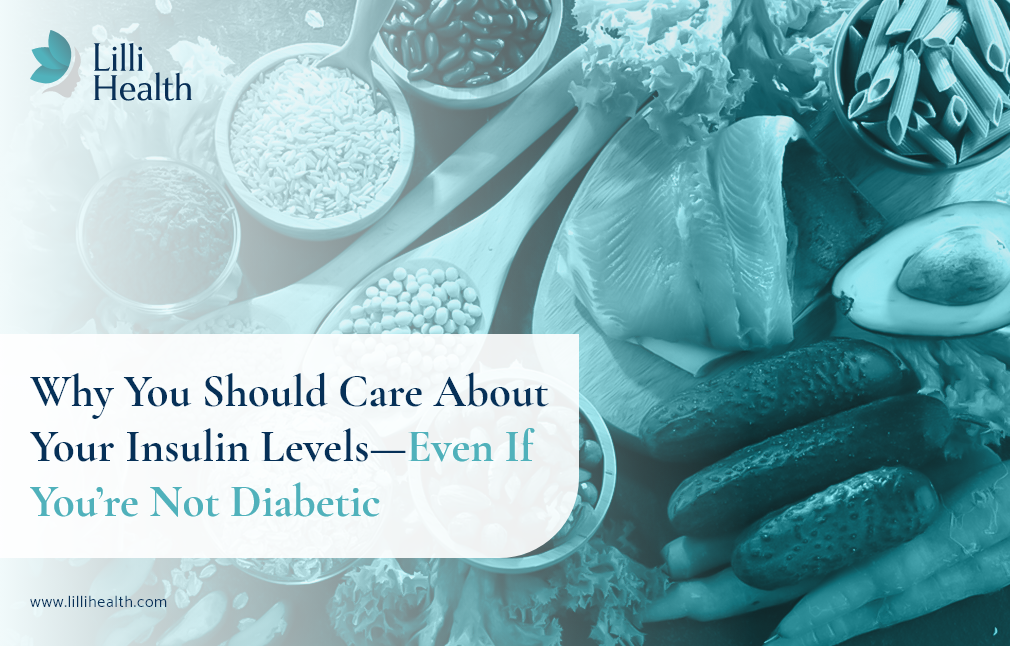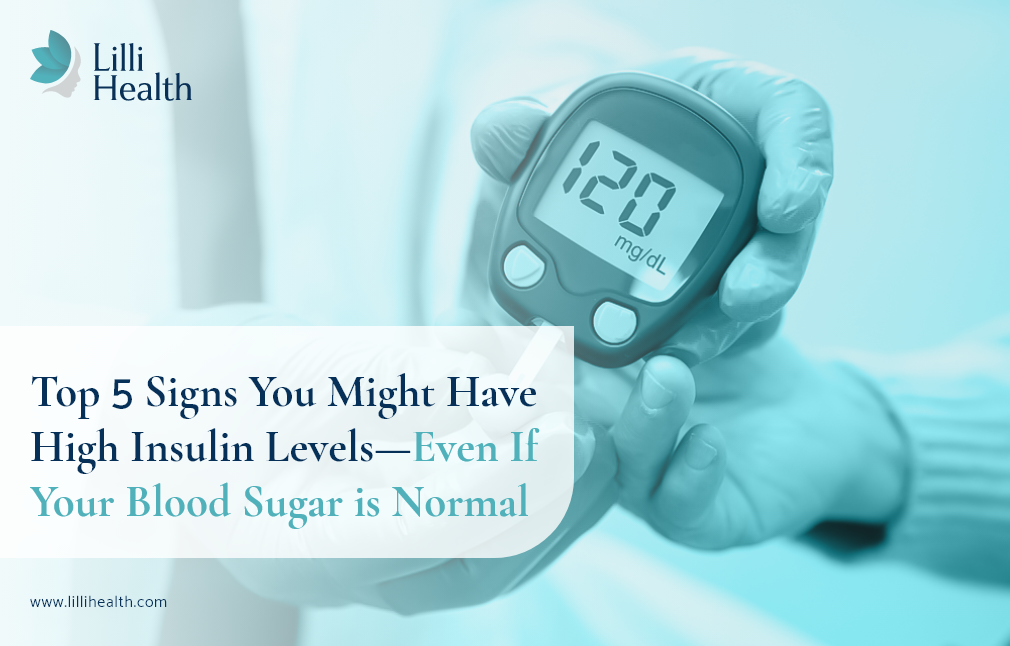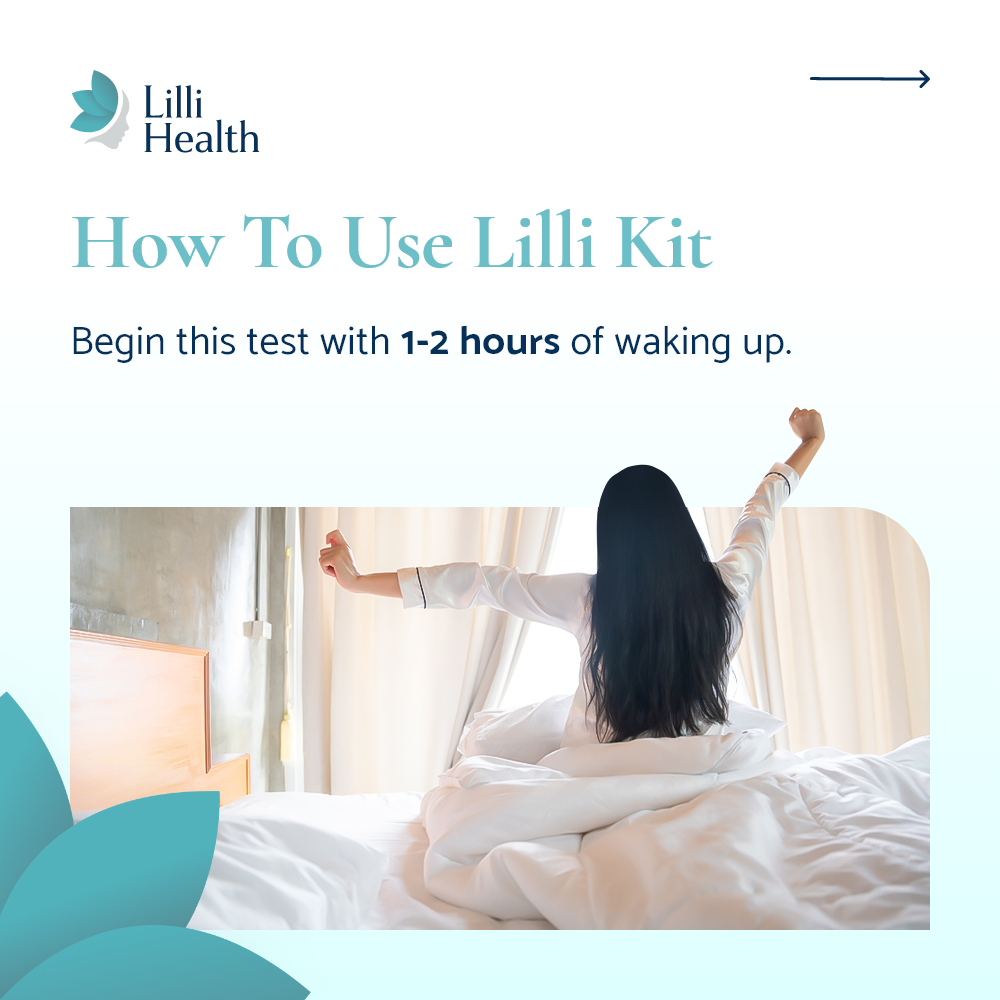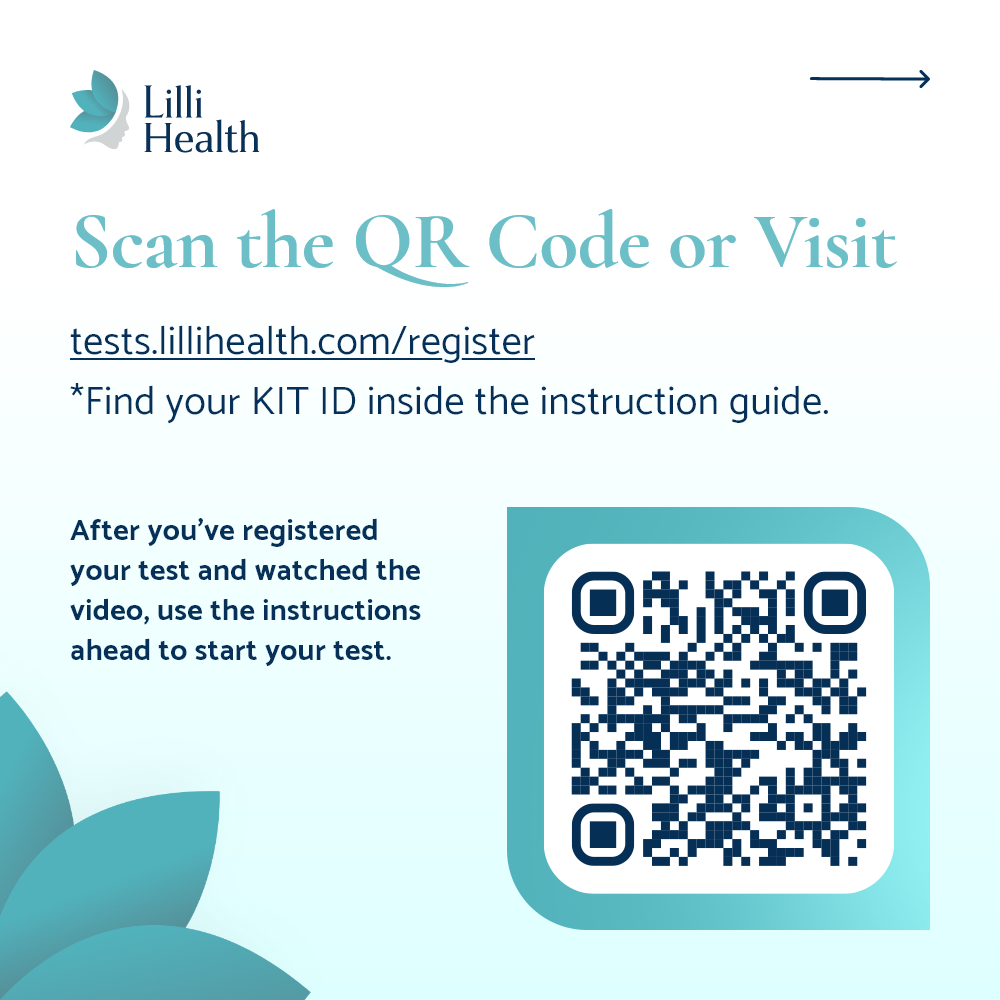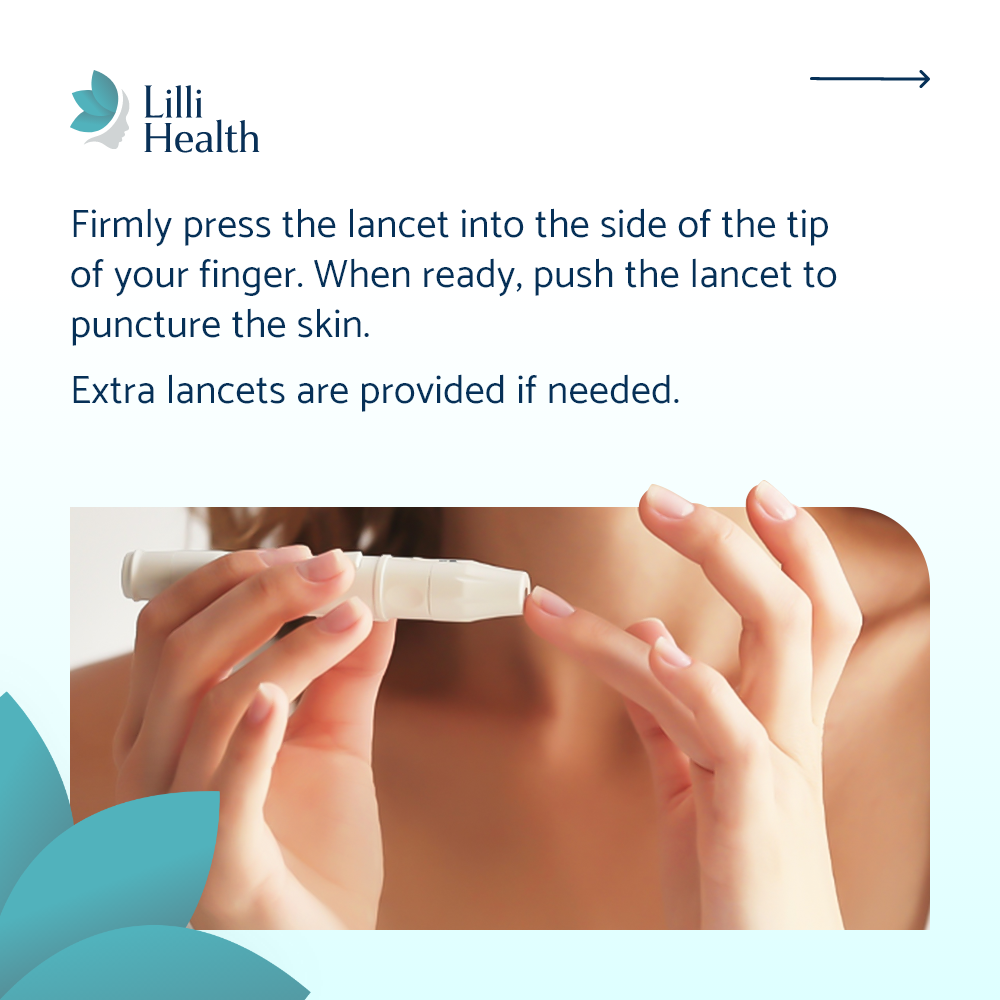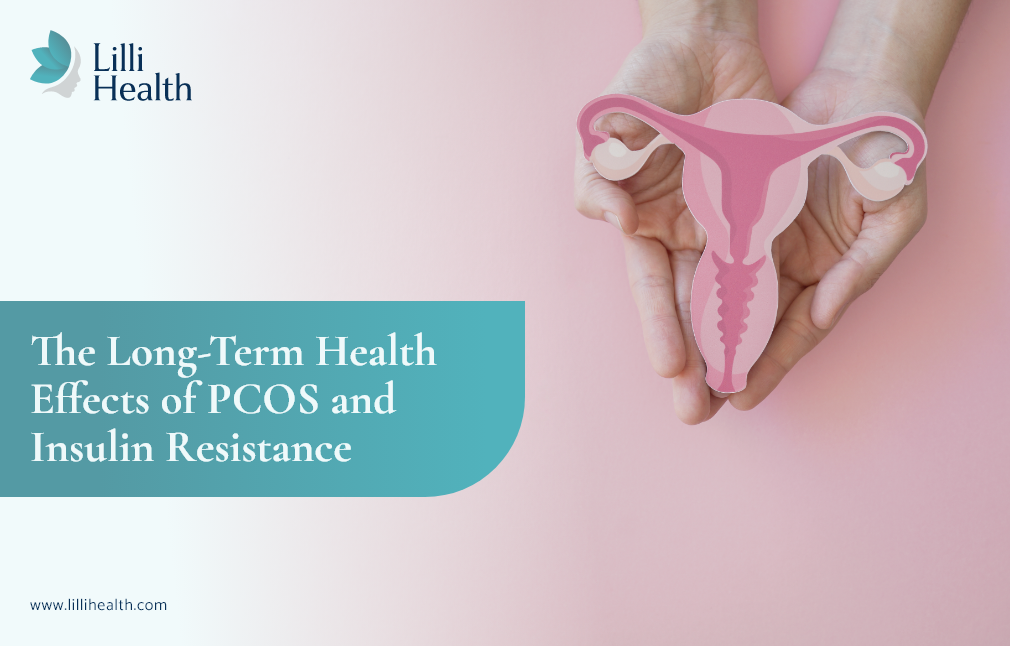

The Long-Term Health Effects of PCOS and Insulin Resistance
Polycystic Ovary Syndrome (PCOS) and insulin resistance are health conditions that, when left unmanaged, can affect our future well-being. Beyond the immediate challenges, understanding the potential long-term health effects becomes critical.
In this article, we’re delving deep into the intricate relationship between insulin resistance and PCOS. We’ll unravel why early detection, comprehensive understanding, and proactive management of these conditions are pivotal to safeguarding your future health.
Understanding Insulin Resistance and PCOS
First, let’s break down the basics.
- Hyperinsulinemia: Hyperinsulinemia is when there’s too much insulin in your blood. Think of insulin as a key that helps your body’s cells use sugar for energy. When there’s too much insulin, it can lead to storing extra sugar as fat, especially around your belly.
- Insulin Resistance: Insulin resistance is like your body’s cells becoming a bit stubborn. Even though insulin is trying to unlock the cells to let sugar in, they don’t respond as well. This means sugar stays in your blood, and your body needs to make even more insulin. Over time, this can lead to high levels of both insulin and sugar in your blood.
- Connection Between the Two: Hyperinsulinemia often goes hand in hand with insulin resistance. When your cells are resistant to insulin, your body compensates by making more insulin to keep your blood sugar in check. It’s like trying to open a door with a stubborn lock – you need more keys (insulin) to get it to open.
- Why It Matters: Having too much insulin and insulin resistance can lead to problems. It’s like a traffic jam – too many cars (insulin) and not enough room for them to go (resistant cells). This can increase the risk of obesity, Type 2 Diabetes, heart disease, infertility, and other health issues.
Long-Term Health Complications of Insulin Resistance
Navigating your future with PCOS and high insulin levels involves understanding their potential implications on various aspects of your health. Here are some of the conditions that can develop if insulin resistance and hyperinsulinemia aren’t addressed.
The Diabetes Dilemma
One of the primary concerns associated with PCOS and insulin resistance is the increased risk of Type 2 Diabetes. Individuals with PCOS often have insulin resistance. Over the years, if left unaddressed, this can pave the way for the development of diabetes, underscoring the importance of vigilant monitoring and timely intervention.
For more information about the connection between these conditions, check out our recent blog: PCOS and Type 2 Diabetes: Your Guide to Prevention and Management.
Cardiovascular health
PCOS doesn’t just affect the reproductive system; it also impacts our cardiovascular health. Insulin resistance leads to
- Chronic inflammation
- High triglycerides
- Elevated cholesterol
These PCOS health effects increase the risk of heart disease in the long term. Recognizing this connection emphasizes the need for comprehensive heart health strategies, from dietary choices to regular exercise.
PCOS fertility challenges:
For those dreaming of building a family, PCOS introduces an additional layer of complexity.
Irregular ovulation, a common consequence of insulin resistance, can lead to fertility challenges. Elevated insulin levels can also impact implantation and placental development, both of which increase the risk of miscarriage and poor pregnancy outcomes.
Managing PCOS and insulin resistance becomes not only a short-term goal but a crucial long-term strategy for those planning a family.
Endometrial health
The risk of endometrial cancer is higher in women with PCOS. Irregular menstrual cycles in PCOS can result in prolonged exposure to estrogen, a known risk factor for endometrial cancer. Routine gynecological screenings and hormonal management are essential tools in mitigating this long-term health risk.
Mind matters
Insulin resistance plays a crucial role in the health of the brain.
Firstly, insulin is not only vital for glucose regulation in the body but also for the brain’s energy metabolism. When insulin resistance occurs, the brain may struggle to utilize glucose effectively, impacting cognitive function and overall brain health.
Secondly, insulin is involved in the regulation of neurotransmitters, such as serotonin and dopamine, influencing mood and cognitive processes. Disrupted insulin signaling can contribute to imbalances in these neurotransmitters, potentially leading to mental health issues like anxiety and depression.
Thirdly, insulin resistance is associated with inflammation, and chronic inflammation has been linked to neurodegenerative diseases like Alzheimer’s. Therefore, maintaining insulin sensitivity and hormonal balance is not only crucial for metabolic health but also for preserving cognitive function and preventing neurological disorders.
Liver health
Insulin resistance’s impact extends to the liver, contributing to non-alcoholic fatty liver disease (NAFLD). Left unchecked, NAFLD can progress to more severe liver conditions. Prioritizing lifestyle changes that address insulin resistance, like a Low Insulin Lifestyle, becomes crucial for maintaining liver health in the long run.
Navigating the Horizon: Insulin Resistance and PCOS Health
Understanding the long-term health effects of PCOS and insulin resistance can be complicated. While everyone’s journey with PCOS and insulin resistance is unique, many of the symptom challenges and health consequences stem from a common culprit: insulin.
That’s why Lilli Health is dedicated to educating patients on how they can manage insulin resistance and providing innovative solutions like our Low Insulin Lifestyle book, Lilli Kits, and the upcoming Lilli app to enable you to take charge of PCOS and lead a healthier life.
By acknowledging the potential consequences and taking steps towards early intervention and lifestyle modifications, such as adopting a Low Insulin Lifestyle, individuals can forge a path toward a healthier future.
Subscribe to our newsletter and get evidence-based information, actionable tips, and practical resources delivered straight to your inbox!
